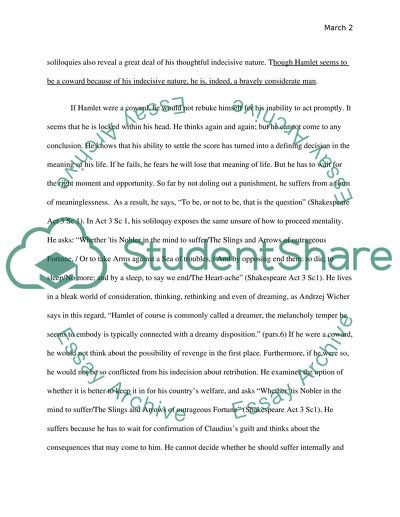Cite this document
(“William Shakespeare's Hamlet. Literature Based research report Paper”, n.d.)
Retrieved from https://studentshare.org/literature/1470895-william-shakespeare-s-hamlet-literature-based
Retrieved from https://studentshare.org/literature/1470895-william-shakespeare-s-hamlet-literature-based
(William Shakespeare'S Hamlet. Literature Based Research Report Paper)
https://studentshare.org/literature/1470895-william-shakespeare-s-hamlet-literature-based.
https://studentshare.org/literature/1470895-william-shakespeare-s-hamlet-literature-based.
“William Shakespeare'S Hamlet. Literature Based Research Report Paper”, n.d. https://studentshare.org/literature/1470895-william-shakespeare-s-hamlet-literature-based.


